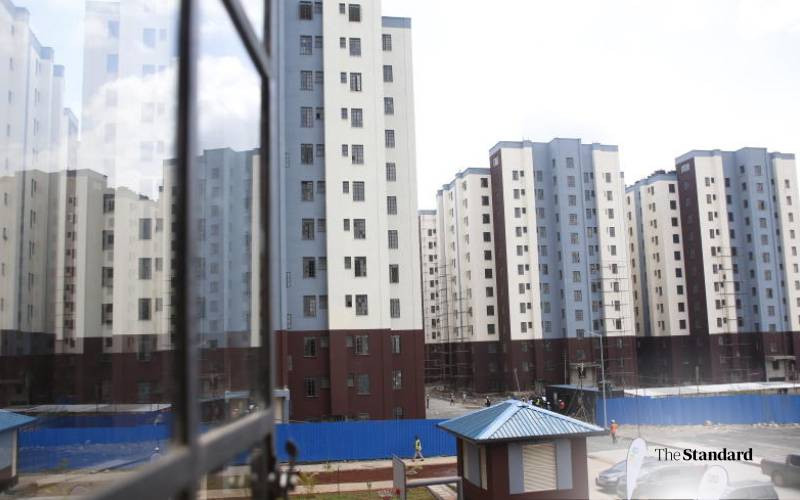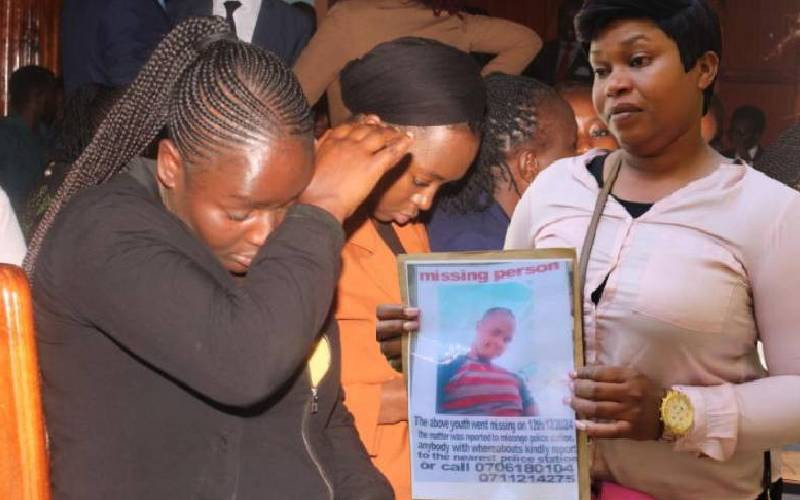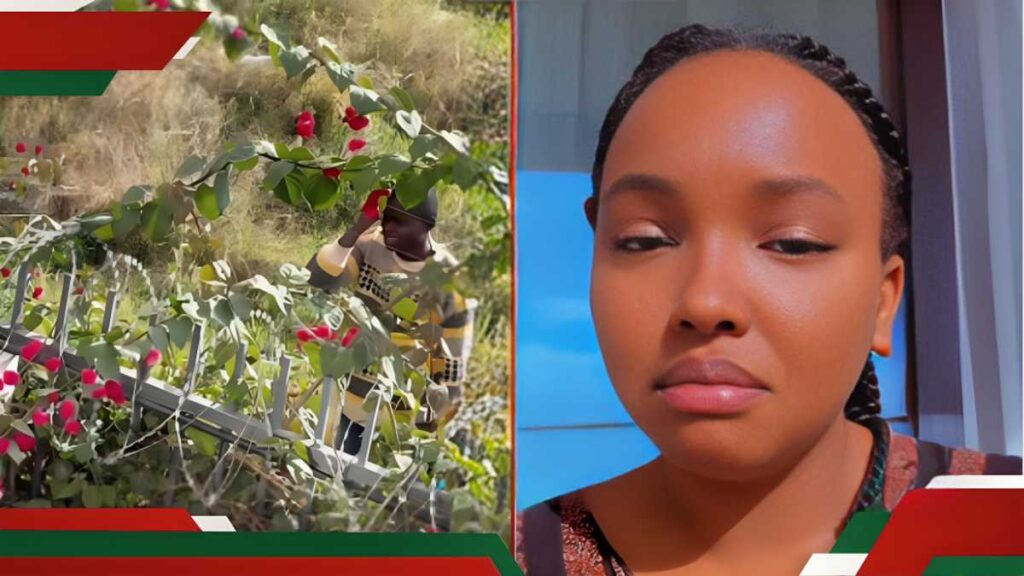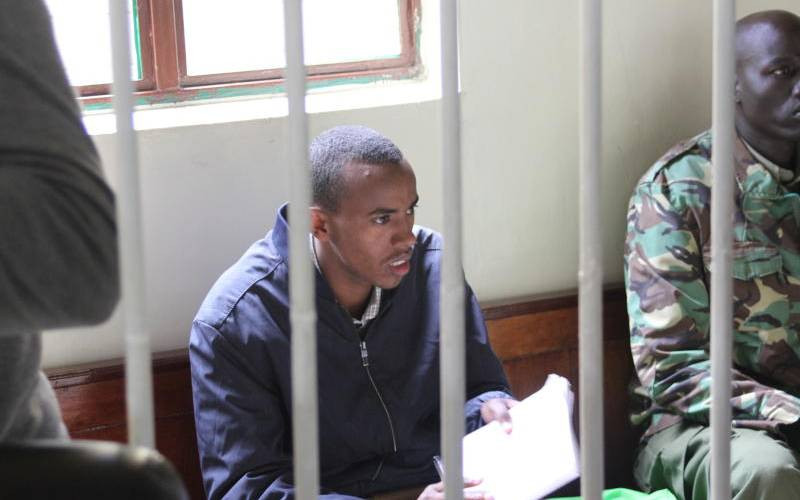The government has reduced the deposit required to buy a house under the Affordable Housing Programme (AHP) from 10 per cent to five per cent. This is aimed at making homeownership more accessible for ordinary Kenyans.
The move aims at increasing access to homeownership by low and middle-income earners struggling with the rising cost of housing units.
The revised deposit means that for a unit priced at Sh1.5 million, a prospective homeowner will now need Sh75,000 upfront instead of Sh150,000. For the cheapest social housing unit, going at Sh840,000, the deposit drops from Sh84,000 to Sh42,000.
The government has framed the revised regulations as a broader effort to improve uptake of the housing units, which have seen slower-than-expected sales in some areas.
The decision, announced in a Cabinet dispatch dated June 24, 2025, is part of new Affordable Housing Regulations designed to operationalise the AHP, a flagship project of President William Ruto’s Bottom-Up Economic Transformation Agenda.
“This reduction lowers the barrier to entry for low- and middle-income earners. Other provisions include equitable housing allocation across income groups, low-interest home loans, and structured deposit assistance for those unable to pay upfront,” read the State House dispatch.
“A key feature of the regulations is the reduction of the required housing deposit from 10 per cent to five per cent, lowering the barrier to entry for low-and middle-income earners,” read from the State House, Nairobi.
The move comes at a time when Kenyans are grappling with the contradiction of “affordable housing” that remains out of reach for many.
Factors like high construction costs, limited access to affordable credit, and the price of urban land have continued to inflate prices. Even with the government’s push for subsidised materials and public-private partnerships, uptake has remained slow in some areas, including rural counties.
“Reducing the deposit is helpful, but we’re still talking about homes that cost millions in a country where many live from hand to mouth. We must ask: Affordable for whom?” said Christine Wanjiku, a Nairobi-based housing rights advocate.
Studio units under the programme are going for Sh840,000, while two- and three-bedroom apartments range from Sh1 million to Sh4 million. A recent Auditor General’s report for the year June 2023 flagged unsold units worth over Sh1.2 billion at the National Housing Corporation, indicating a mismatch between pricing and buyer capability. “Despite some projects having been completed several years ago, the houses have remained unsold and hence they continue to be reported as inventories,” the report stated.
However, uptake challenges persist, especially in remote areas and among low-income populations.
While the lower deposit is seen as a positive step, housing advocates argue it does not address the core issue: the cost of the units themselves. “We must go beyond policy to ensure Kenyans are able to live in and own these homes. Accessibility must match affordability,” said Boniface Kavai, an urban planning expert.
Stay informed. Subscribe to our newsletter
In addition to the lower deposit, the new regulations propose broader financial support. They include low-interest and low-monthly payment loan options, structured deposit assistance for buyers who cannot afford to pay even the new five per cent upfront, tax relief on contributions through the Affordable Housing Levy, currently set at 1.5 per cent of the gross income for both salaried and non-salaried individuals, with matching contributions from employers
To counter such stagnation, the government is introducing flexible purchase models like the Tenant Purchase Scheme (TPS), which allows buyers to make monthly payments over extended periods.
“We are not just building houses; we are building homes for Kenyans. The changes we have made are meant to make that dream more realistic,” said State House Spokesperson Hussein Mohamed previously.
“The issues flagged in the Auditor General’s report relate to past projects not aligned to the current Affordable Housing Programme.”
These regulations provide a legal framework not only for housing construction but also for expanding access through financial instruments such as low-interest mortgages and structured deposit assistance.
President Ruto has consistently framed the AHP as more than a housing initiative; it’s a job creation and economic empowerment tool. The government aims to construct 250,000 units annually, with 50 per cent categorised as affordable housing, 30 per cent market-rate, and 20 per cent social housing.
These measures are intended to enhance access, especially for informal workers and low-income families. “For the first time, informal workers and youth in Jua Kali sectors will be able to plan for homeownership,” noted Housing Principal Secretary Charles Hinga during a recent stakeholder forum.

























